As HMV struggles, just how important is the pre-Christmas trading period for retailers?
Eighteen months on from securing a £220m refinancing ‘lifeline’, HMV’s warning today that it is likely to breach its banking covenants in January and April has understandably prompted renewed speculation about the business’s future prospects.
Though HMV’s losses narrowed on the back of a slower like-for-like sales decline in the 26 weeks to October 27, Reuters has suggested that the chain now has “12 critical days” of festive trading ahead if it’s to avoid breaching its banking agreements. So, for retailers like HMV, just how important is the trading period in the run-up to Christmas?
In response to BBC Tees asking me that question today – in an interview that will go out in tomorrow’s breakfast show – I thought I’d take a closer look at the issues and numbers.
The dominance of December
As you’d probably expect, December usually accounts for a higher proportion of annual sales than any other month of the year – so it’s little surprise that high street retailers can stand or fall based on their festive performance.
Looking at last year’s official figures from ONS, for example, UK retail spend in December 2011 was about £1.2 billion a week more than in November, while November itself saw £0.5 billion pounds more spent each week than in October.
If you take the pre-Christmas season as a whole, covering November and December, you’re looking at over 20% of most retailers’ annual sales taking place in that period, and, for some, as much as 40% or more. Again, as you might imagine, the importance of those two months is even more pronounced for non-food retailers – who are the source of many Christmas gifts – than it is for the grocers.
HMV is no exception. The group’s most recent annual report noted that “the Christmas season is the most important trading period in terms of sales, profitability and cash flow”, with 46% of its annual sales reportedly coming in the crucial Christmas quarter.
If stores’ Christmas sales don’t meet expectations, these all-important numbers are partly why we often see a glut of retailers collapsing into administration in the New Year. Though moves to monthly rents are giving a little relief to some, many retailers, of course, also have to pay their quarterly rent at Christmas, covering three months in advance. This, again, can tip some retailers over the edge if trading in the festive run-up hasn’t been great.
In 2012 we saw chains such as Peacocks, Past Times, La Senza and Blacks all hit the buffers in January, and there will almost certainly be further casualties this time around.
Challenges for the month
What we’re seeing every year now is almost a cat and mouse situation where consumers hold off buying certain gifts in the hope that retailers will be pressured into reducing prices before Christmas, while the retailers try to hold their nerve as long as possible, knowing that if they cut prices too far and too quickly it risks eating in to their margin, profits and – in the worst case scenario – their ability to survive.
That’s partly why I keep coming out with the same mantra about high street retailers needing to offer a great instore experience, with great service and great product knowledge. It’s the retailers who don’t do that, and who are having to try and compete on price alone, who are most at risk.
Looking ahead
My impression is that consumer confidence now is a bit higher than a year ago, and there was a small but welcome rise in retail sales in November compared to the same period last year – though that came after a year-on-year fall in October. So, I think we’ll keep seeing this pattern of things chugging along rather than any big recovery as yet.
As I’ve argued many times before, however, it’s certainly not all doom and gloom on the high street. There are signs that shop vacancy rates might have peaked, and there are plenty of retailers doing well, opening stores, and investing in our town centres. Looking at somewhere like Middlesbrough, for instance, you’ve got a reopened TJ Hughes and stores like Deichmann and The Entertainer opening up, so as someone who spends a lot of time touring high streets I do see plenty of glimmers of hope.
As for HMV, I’ve made the decision to do my Christmas shopping there rather than Amazon this year. The prices may not be as competitive, and the range not as wide, but today’s update from HMV puts the situation into clear perspective. If we still value having a national entertainment retailer on our high street, then we have to support it at this crucial time.
The risk, otherwise, is that shoppers this time next year will no longer have that choice.
My retail consultancy business, CannyInsights.com, provides bespoke place- and sector-specific market intelligence, including coverage of entertainment retail. It also works with retailers nationwide to improve their stores, customer communications and market knowledge. For more information, visit www.cannyinsights.com, drop me an email, or give me a call on (0191) 461 0361.



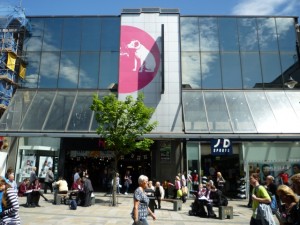
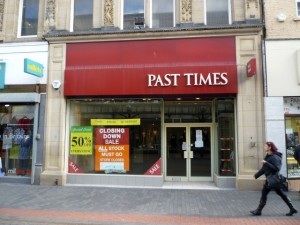

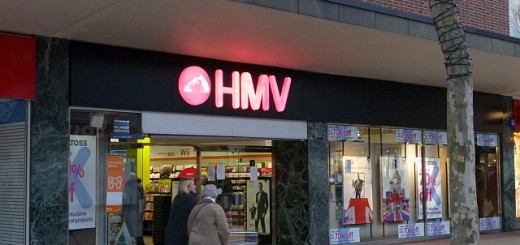
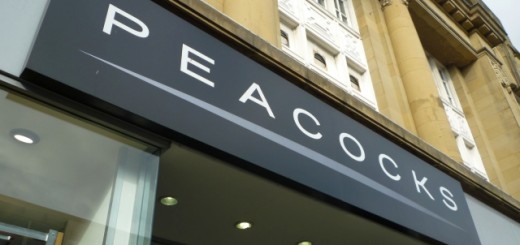
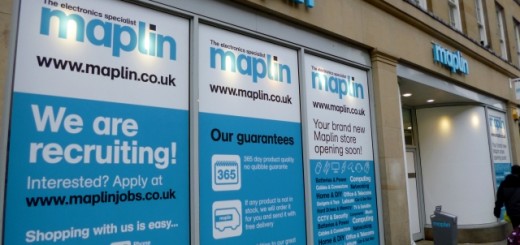
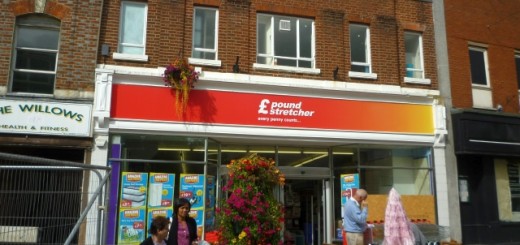


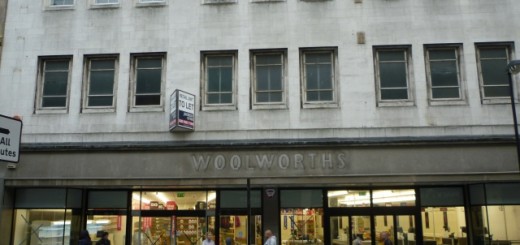
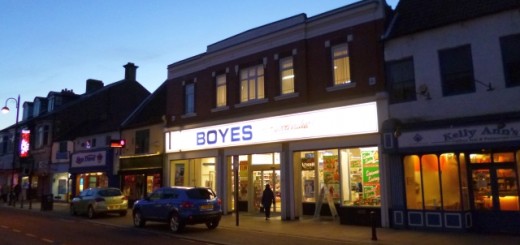
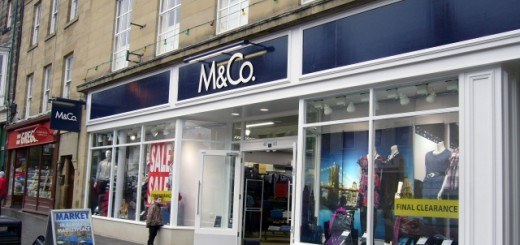
Of the record shop casualties, HMV is the one I have least sympathy for. Staff training is poor any many I’ve encountered verge on rude. The range isn’t exciting or in fact able to offer anything beside chart/mainstream stuff (that stuff was important as a scene kid), and the shops always felt bland (although they’ve generally got better).
It’s never been cheap, and things like click-and-collect, use of store vouchers online – which should really have been easy wins, weren’t possible because they insisted on competing with the Jersey-based operators.
As a chain, they were foolish to attempt to grow upon Zavvi’s failure. The pie was shrinking, everybody could see that – expansion is not the correct course of action.
So why should I spend my hard-earned trying to rescue the last of a dying breed when:
a) when they had competition, I always preferred the competition
b) I’ve never enjoyed the retail experience in those shops
c) it’s clear to me as a non-retailer they’ve made some pretty critical business errors in the recent past
d) they’ve had a decent amount of time to adapt, and yet have only recently done-so.
I also disagree that there’s a need for a national chain distributing goods which are widely available without a physical medium. My Grandmother, who long rejected offers of computers and the internet, is now considering a smart telly. She loves the idea of paying a fiver a month to access the likes of Netflix and/or LoveFilm.
If she’s in a position where she no longer feels threatened by the technology, I don’t see why anybody should be.
Oh, and I’m pretty sure Tesco etc. will continue to stock chart DVDs.
As with Graham and Steve above… I agree the simple answer is to support the high street especially in your neigbourhood that you treasure. The last few weeks have been like a rollercoaster ride in sales in my gallery and artshop in Hexham . But today on Saturday it feels like the public have taken away the track and rails to melt them down. I fear residents are going to get a shock in the New Year with more Hexham high street closures. They are taking their lovely town environment, all for granted.
I’ve done the same Graham. Where possible i would rather use an independent record store but we need a decent national entertainment chain too.